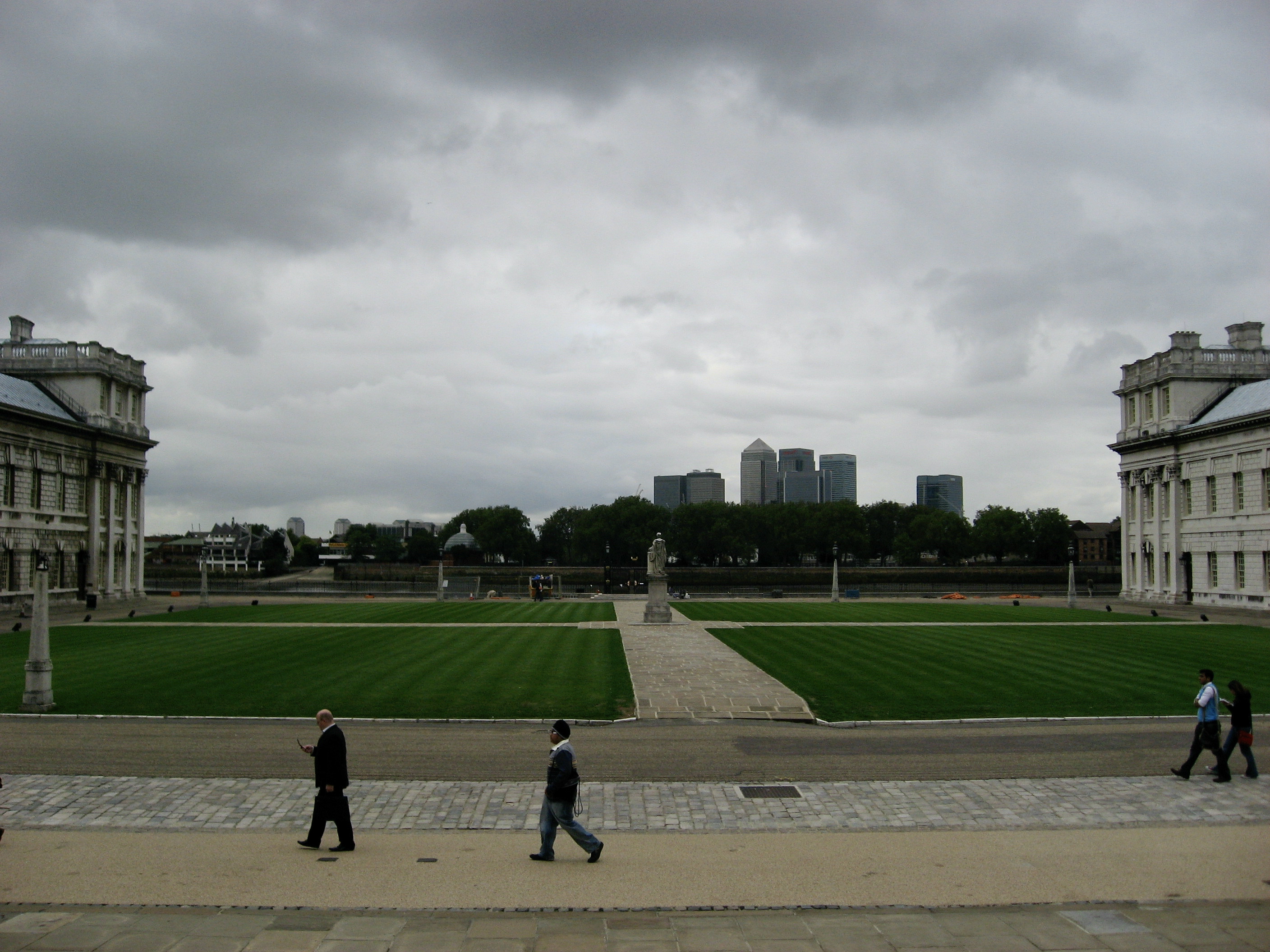Stephen King’s commencement speech to my Vassar class was a good one. His message, that “you can’t take it with you,” never left me. Every year since I try to do more with, and waste less of, what I’ve got. The efforts aren’t always successful. I’ve spent a lot of time playing games and goofing off, and a lot of time on skills I don’t always need. Mostly, here half way through my forty second year, I’ve spent a lot of time.
My grandfather, on the phone a few weeks back, just eighty seven, said “I never expected to be this old.” The line echoed in my head all week. Who does? And yet underneath the statement is the simple math, that he is more than twice as old as I am now. We have time, or we could have time, if we’re lucky and healthy and work hard at making more of both.
“You said you needed time, and you had time,” Ani sings on a song Tara’s been learning to play. We do, I think, though never as much as we’d like, not with the people we most want it with. I think of the methods, of the sums. Half hour phone calls, hour long video chats, and text strings that cover years, that drop for days and re-emerge with new questions, new thoughts for that friend from years ago. Mostly I think about the good days, about the long weekend in Amsterdam with a friend I’d met in Tokyo. It was after the World Cup in 2006, and we spent the weekend relaxing and wandering the canals. I think about how there are no pictures of that weekend, how without both of us to remember, I’d have forgotten it entirely by now.
From October of that same year there are photos, somewhere, of our time in London together, of our brief wanderings as I jammed more travel into a busy year. In those photos we are young, and happy, and as unfinished as anyone in their late twenties can look. We are still en route to so much, still before so much.
Life, it seems, is like that. There’s never a sense of how far we have to go, only of how far we’ve been. Sitting on the floor of our office in Hong Kong on a Sunday, writing while Tara chops ume for pickles, I think of how lucky we were to have folk visit before travel stopped. How despite all the urging we did, we probably didn’t do enough. Because there might not be time, after. The world is here, now. Or it was, and, vaccines done, we hope it will be again. I’m getting ready, on these quiet weekends of chores and writing, for whatever’s next. Getting ready to move again, to act again, and to be part of other people’s lives again. It’s been a while.
We said we needed time, like Ani sings. Have we had time?
